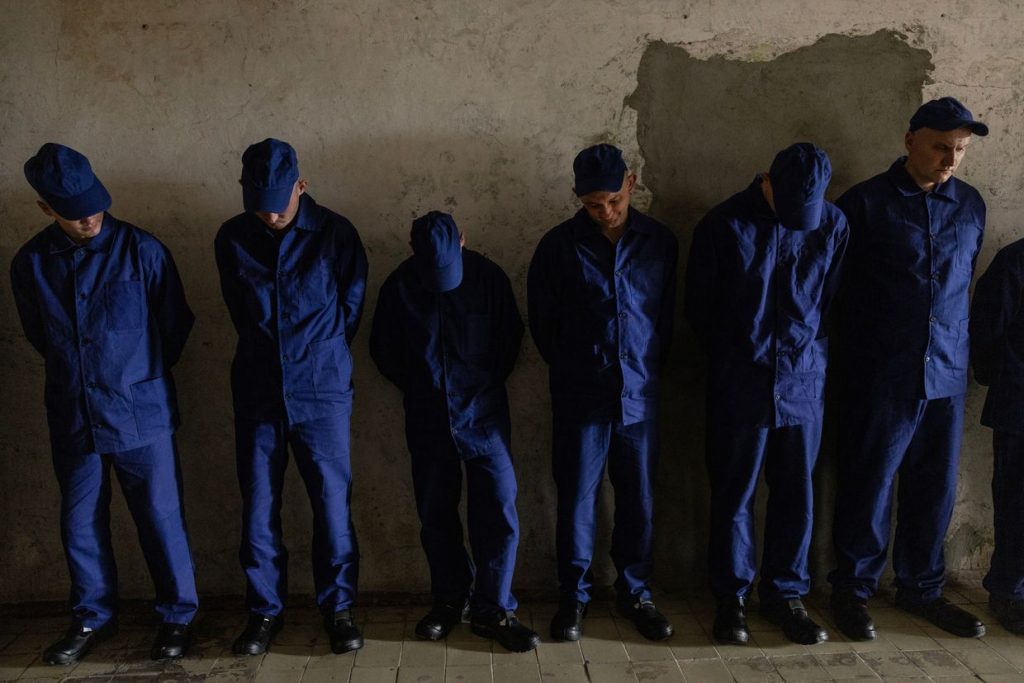The recruitment of foreign fighters by Russia to bolster its war efforts in Ukraine has been intensified as casualties mount and Moscow runs low on inmates to fill its ranks. Foreign soldiers from low-income countries and migrant workers are being targeted with promises of high wages, non-frontline roles, and Russian citizenship. However, many of these individuals are being tricked into fighting on the front lines in Ukraine, contrary to the promises made to them. The Ukrainian military has observed a significant increase in foreign fighters on the front lines over the past six months.
The fate of foreign POWs captured by Ukraine remains uncertain as they could be swapped if Russia or their home countries express interest. However, Russia generally shows little interest in exchanging these individuals. Ukraine is considering charging these foreign soldiers as mercenaries, which could lead to them losing their status as prisoners of war and being transferred to Ukrainian prisons with harsher conditions. Proving mercenarism is challenging as several criteria must be met, making the legal process complex.
Russia has made recruitment efforts targeting foreigners easier with new decrees that offer lucrative salaries, citizenship, and social welfare benefits to those who serve in the Russian military. The Kremlin has gradually eased enlistment requirements and expanded incentives to attract more foreign fighters. The recruitment of Nepalis to fight against Ukraine has been reported, with many Nepalese soldiers being confirmed killed in action. Nepal has halted issuing work permits for Russia in response to the recruitment activities.
Conditions for foreign POWs in Ukrainian custody vary, with adjustments made for religious practices such as Ramadan. These individuals are being held alongside Russian soldiers in detention facilities and prisoner-of-war camps. While the Ukrainian government acknowledges the presence of foreign fighters captured as POWs, Russia is not actively seeking to swap them back. These individuals face uncertainty over their future, as they could potentially be tried for mercenarism and lose their status as combatants or prisoners of war.
The difficulty in proving mercenarism complicates the legal situation for foreign POWs, as it involves meeting specific criteria outlined in international conventions. If proven guilty, these individuals could face charges that could result in imprisonment in their home countries. Some foreign POWs express reluctance to be exchanged to Russia or their home countries due to potential legal repercussions. The preference for relocation to another country, particularly to a NATO member, is common among these individuals seeking a new start away from the conflicts in Ukraine.


